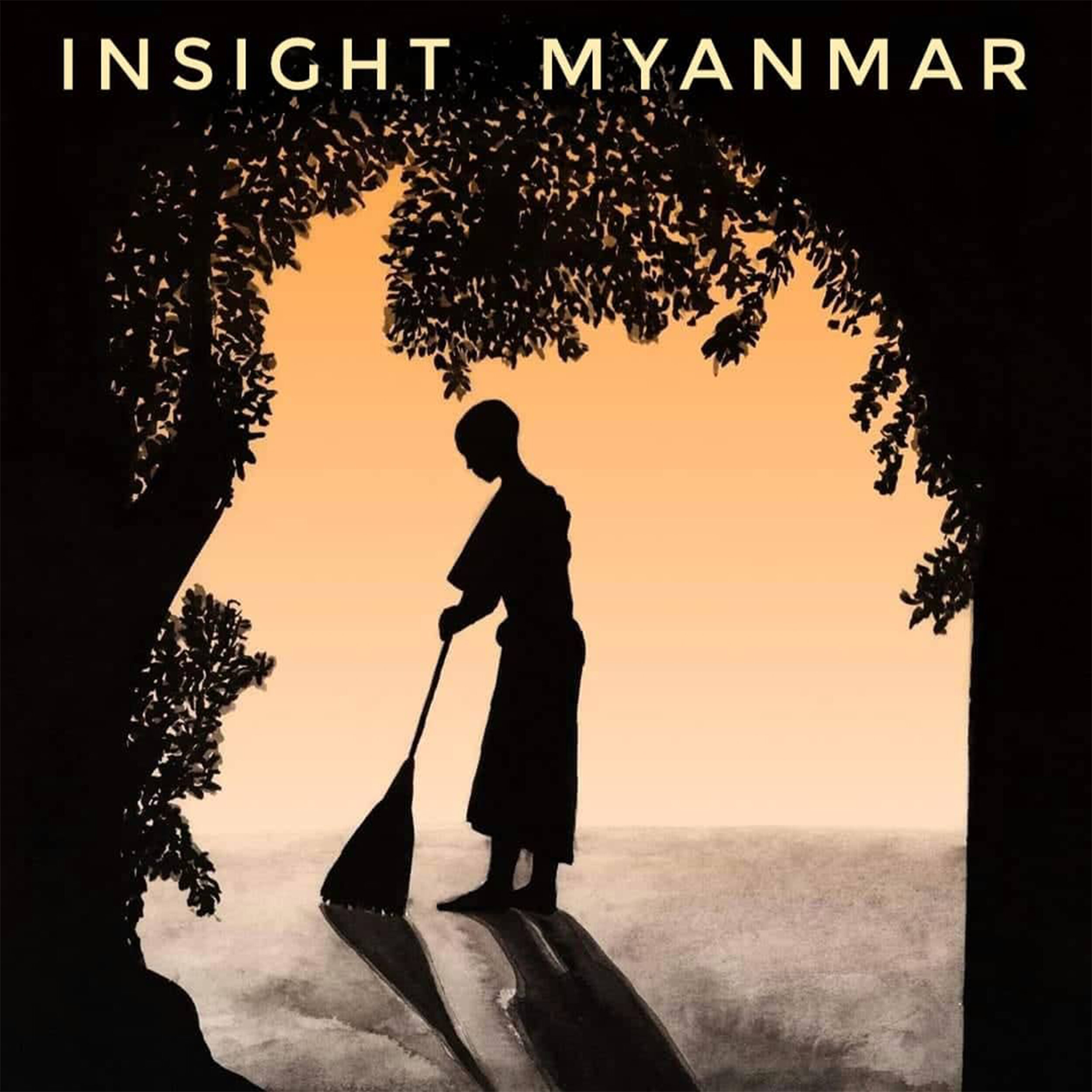Giving Up On Nonviolence
As the reality of the coup settled like a shadow over Burma, Bo Thanmani confronted a paradigm shift that would test the very tenets of his faith and philosophy. The nonviolent paths he had walked — both literally and metaphorically — reached an unforeseen bend. The world he knew, rooted in the gentle teachings of Buddha and the steadfast belief in the power of peace, was now a landscape marred by the cacophony of conflict. To move beyond nonviolence was not a decision made lightly. It was a transition shaped by anguish and the heavy-hearted realization that the ideals he held sacred were being trampled by the boots of the military. Bo Thanmani's very essence, which had been steeped in the doctrine of Ahimsa, was now called to accommodate a new reality where such principles were met with the brute force of autocracy. The decision to engage beyond nonviolence arose from a deeply personal and profound place — a place where the commitment to protect his people and the pursuit of freedom outshone the pacifist's path. It was the birth of a reluctant warrior, compelled not by the desire for conflict but by the urgency of protection.
“Because of this decision, I thought it is not good to be a monk, because a monk and arms or weapons, it’s not a fit. That’s why I have decided to disrobe.”
The idea of hard power is just because of the reaction of the military regime. Throughout the country after the military group, peacefully protesting and gathering everywhere around the country. But suddenly, unexpectedly, the regime or the military personnel, they shot dead innocent people. That is the beginning of the idea of hard power. Because the military regime doesn't understand the words of nonviolence, the actions of nonviolence; that is the beginning of the idea of the hard power. And that's why we, the people, started to think it’s not enough. Or it’s not enough only nonviolence, that we have to think about it to understand the regime, that we the people have a power to react against the violence.
We believe that we have a we have a responsibility to protect the people. If the international organizations such as United Nations don't protect the people, then we people must protect ourselves. That's the decision to directly participate in hard power. Because of this decision, I thought it is not good to be a monk, because a monk and arms or weapons, it's not a fit. That's why I have decided to disrobe.
Even though I decided to disrobe, I never held a gun or participated in any battles. So, just I was trying to bring together all the armed groups and nonviolent groups. I've been trying to take the leadership of all the different groups. And that is my role. But still, I believe in the power of nonviolence. And I believe that one day, we need to do the nonviolent action, that is all people to come together and to protest again against the military action. I didn't find any hardest part of my decision, but one thing that I really don't want to do is that I really don't like violence. I don't like brutality. I don't like killing each other, actually.
I like Buddha's teachings, kindness, compassion, mettā; that is my belief. I was a monk and I studied a lot of the Buddhist teachings. His teachings are in my mind and my body, the whole body. The arms struggle is against the Buddha's teachings, on the other hand. That is a bit difficult for me to take about this role of struggle. Still, I believe in nonviolence, and in the future, I want to do more actions with nonviolence, such as protesting together. I believe in peoples’ power. So I will go on this way. Step by step, I want to step back the armed struggle. Some people who believe in this struggle, they will go on in their own way. I want to go on in my own way; my own way is nonviolence. I am believing in nonviolence.
